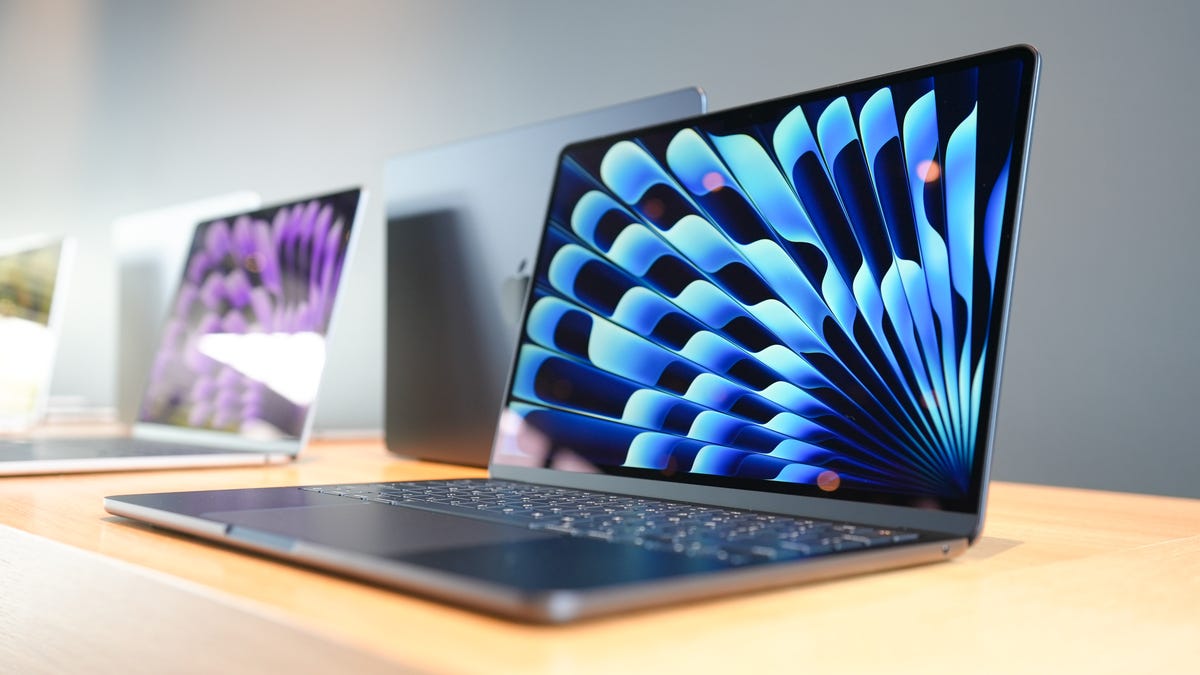BOOK THIS SPACE FOR AD
ARTICLE ADRocket launches are taking a larger toll on the climate like no other, a study, published in the journal Earth's Future, has concluded. The study was led by researchers from UCL, the University of Cambridge, and the Massachusetts Institute of Technology (MIT). Using a 3D model to explore the impact of rocket launches and re-entry in 2019, the team stated the “impact of projected space tourism scenarios is based on the recent billionaire space race.”
The study has stated that the depletion of ozone due to the rockets, at present, is small. But, in the near future, the impact is expected to be severe “due to the pollutants from solid-fuel rockets”. Researchers have stated that the growth trend shows that there are chances of future depletion of the upper stratospheric ozone layer in the Arctic in spring. The team has cited the rise in space tourism as the reason behind this.
During the time of research, the team found out that the “black carbon (soot) particles emitted by rockets are almost 500 times more efficient at holding heat in the atmosphere than all other sources of soot combined (surface and aircraft) – resulting in an enhanced climate effect.”
The team gathered information about the rocket launches, which took place in 2019. The chemicals used in all the 103 launches were studied and the data on reusable rocket and space junk re-entry was also taken into consideration. The recent demonstration by space tourism entrepreneurs like Virgin Galactic, Blue Origin, and SpaceX were also taken into account.
Highlight the soot particles, Dr Eloise Marais, the co-author of the study, said, “Soot particles from rocket launches have a much larger climate effect than aircraft and other Earth-bound sources, so there doesn't need to be as many rocket launches as international flights to have a similar impact.”
Marais added that a discussion is needed amongst experts on the best strategy for regulating this industry, which is growing rapidly.
Dr Robert Ryan, who is also part of the study, added, “This study allows us to enter the new era of space tourism with our eyes wide open to the potential impacts.”
.png)
 2 years ago
107
2 years ago
107 














 Bengali (Bangladesh) ·
Bengali (Bangladesh) ·  English (United States) ·
English (United States) ·